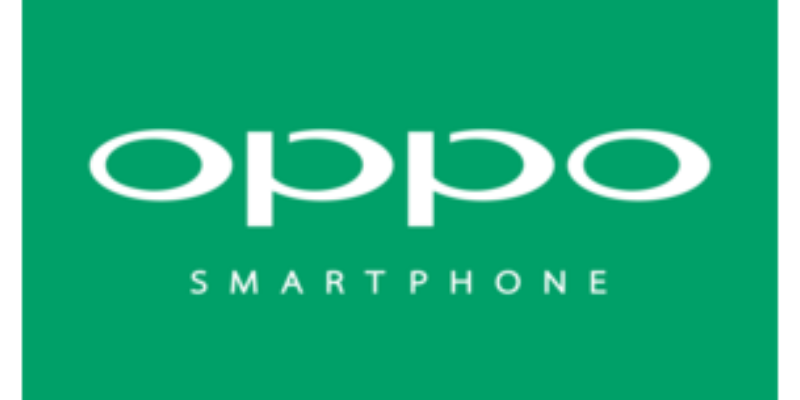The Chinese smartphone company Oppo is following Apple’s lead by introducing a private cloud computing infrastructure that will keep users’ private talks apart from its own AI products.
TakeAway Points:
- On Monday, the Chinese smartphone manufacturer Oppo declared that it would safeguard customer data from its AI devices by utilizing a secure cloud computing solution from Google.
- Google and Oppo are already partners; Oppo’s AI features are powered by Google’s Gemini foundation models.
- Xiaomi launched the Xiaomi 15 and Xiaomi 15 Ultra on Sunday at the Mobile World Congress.
Oppo’s AI feature
The company on Monday announced a deal with Google that will see it use the U.S. tech firm’s Confidential Computing software, which uses encryption to ensure user data can’t be viewed by third parties, to power a new privacy-preserving solution it’s calling Private Computing Cloud.
The idea is to make sure that users’ sensitive data, such as browser searches and private calls, can’t be shared with Oppo for the purposes of training its AI software. Oppo already has a partnership in place with Google, where the firm uses the internet search giant’s Gemini foundation models to power its AI features.
The privacy push mimics an effort from Apple to protect user data from its own AI system, Apple Intelligence. The iPhone maker last year debuted Private Cloud Compute, or PCC, a “cloud intelligence system designed specifically for private AI processing.”
Oppo said that its Private Computing Cloud system will be integrated with several features this year, including recording and call summarization, search and image generation.
Oppo is the sixth-largest smartphone maker in China, according to Counterpoint Research, holding a 14% market share in the three months ending 2024.
“With AI being a lightning conductor for privacy concerns, particularly amongst Chinese device makers, this is an interesting move by Oppo as it seeks to gain a foothold in the AI-enabled smartphone space,” Ben Wood, chief analyst at market research firm CCS Insight, said.
Rival Chinese smartphone maker Honor announced its own tie-up with Google over the weekend.
New AI features
Alongside its new AI privacy system, Oppo also announced additional new AI features, including call translation and voice transcription. It’s also embedding Google’s Gemini into its Notes, Calendar and Clock apps.
Oppo said it’s working to bring Google’s next-generation Gemini 2.0 AI model to its phones soon. Gemini 2.0 is a so-called agentic AI system, which refers to a form of AI that can fulfill various actions autonomously on users’ behalf.
The company said it is aiming to bring generation AI features to 100 million users by the end of 2025, doubling its 2024 target of 50 million.
Xiaomi to sell EVs globally
Xiaomi plans to begin selling its electric vehicles outside of China “within the next few years,” company President William Lu said on Sunday.
Lu made the announcement at Xiaomi’s product launch at the Mobile World Congress in Barcelona. While there were no concrete timelines, his comments underscore the Chinese technology giant’s ambitions in the global EV market to take on players like Tesla.
“I cannot share too many details but I am so excited to tell our global users that Xiaomi will be releasing EVs for the sale in global markets within the next few years,” Lu said.
This week, Xiaomi launched its first premium EV in China called the SU7 Ultra, which starts at 529,000 Chinese yuan ($72,627). Lu said the car racked up 15,000 orders in 24 hours and will be on display at the company’s booth at MWC.
It’s only Xiaomi’s second electric car after announcing its foray into the EV segment in 2021. The company’s first vehicle, called the SU7, was launched last year in March. The company, which is best known as a smartphone player, only sells its EVs in China but it is the world’s third-largest smartphone vendor.
Xiaomi’s SU7 has been successful, with the company delivering more than 100,000 units last year.
Xiaomi’s EV boom, along with a recovery in smartphone sales, has helped the company’s stock, which is listed in Hong Kong, surge almost 300% over the last 12 months.
The Beijing-headquartered company is looking to ride that wave with a new high-end phone called the Xiaomi 15 Ultra launched on Sunday, which it hopes will challenge Samsung on a global stage.



























